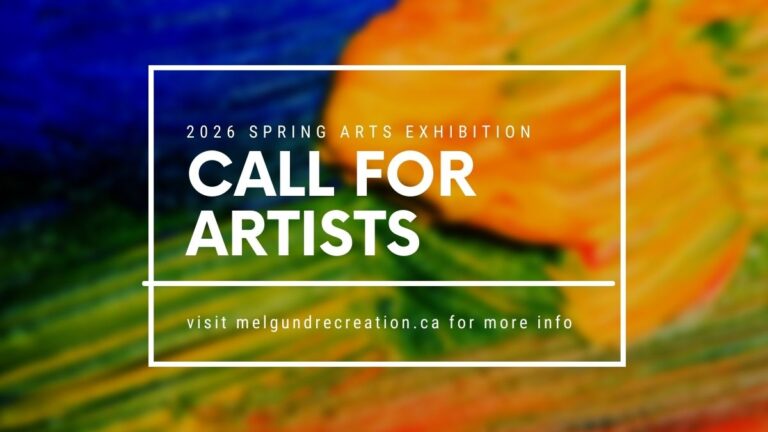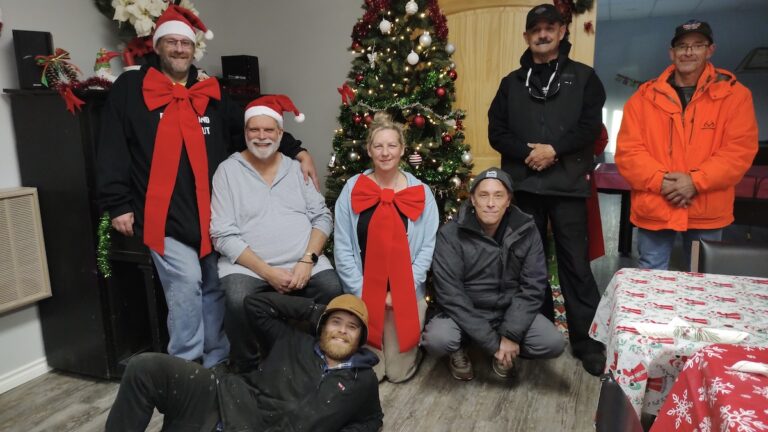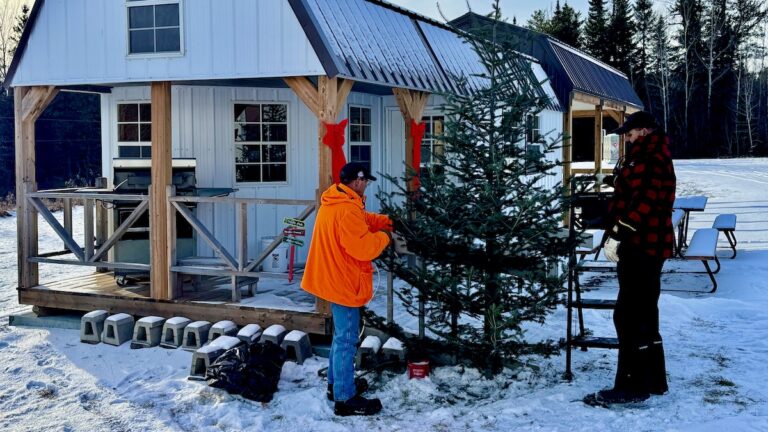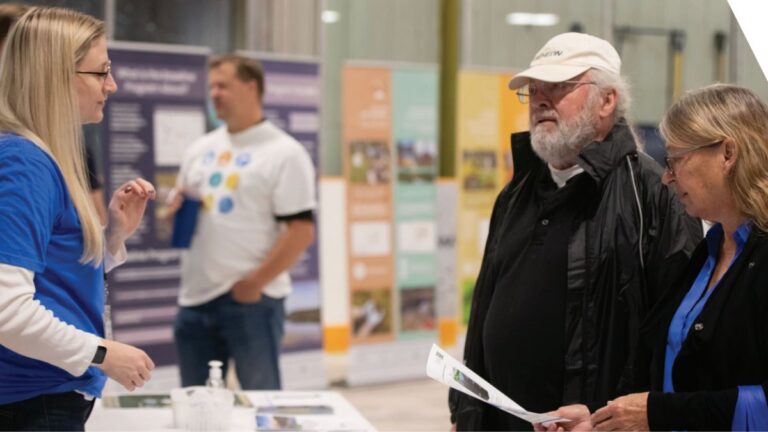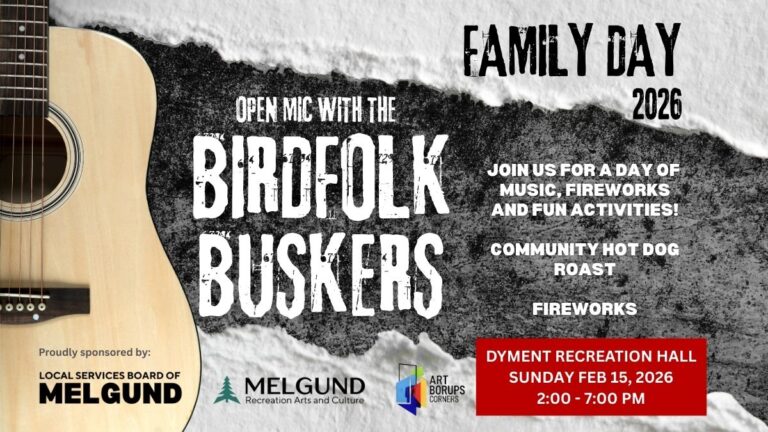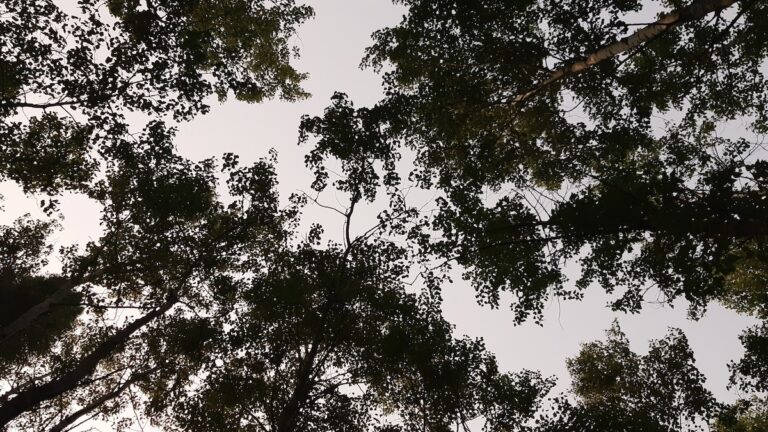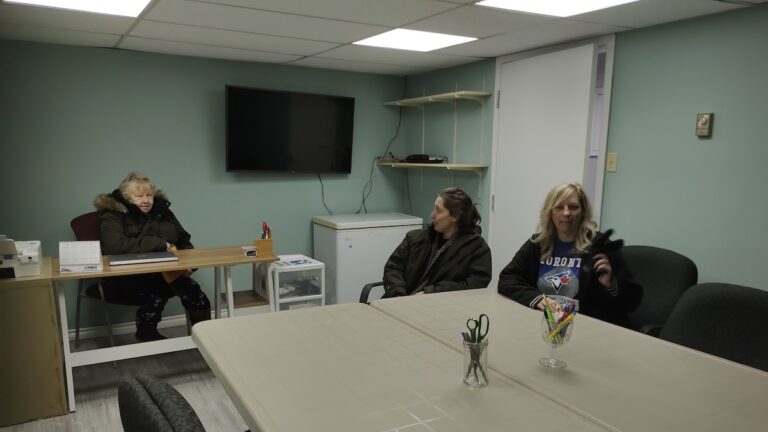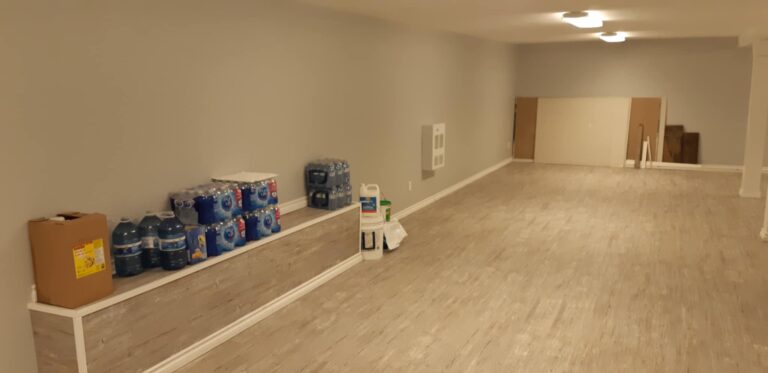
This spacious, yet currently somewhat bare, room presents a perfect opportunity for arts-based placemaking. Imagine this space transformed into a vibrant community hub through murals co-created by local youth, collaborative art installations, or even a flexible area for community theatre or dance workshops.
Shaping Communities Through Recreation and the Arts
Placemaking is about more than just building parks or facilities; it’s about intentionally shaping public spaces to deepen the connection between people and their environment.
For recreation and parks professionals, this means evolving from being solely providers of programs to becoming active supporters of community-driven initiatives that foster healthier, more vibrant communities. This aligns directly with Goal 4: Supportive Environments in the Framework for Recreation in Canada (2024 Update), which aims to ensure physical and social environments encourage participation and build strong, caring communities. Supportive environments, as defined in the Framework, include the social infrastructure that promotes social connectedness, as well as the physical spaces we manage.
The beauty of placemaking lies in its accessibility: anyone can be a “placemaker,” initiating impactful changes that transform both private and public spaces. This concept is particularly meaningful for local, rural, Indigenous, and northern communities, where recreation spaces and programs can play a vital role in combating isolation and fostering connection. Placemaking also directly connects to Goal 2: Inclusion and Access by helping create spaces where all community members feel a sense of belonging.
“Placemaking, for us, is about bringing our stories, our hands, and our hearts into the spaces where we live,” said Eva Suluk, one of the Inuit artists and founding members of The Arts Incubator. “It’s how we transform a simple room into a place that truly feels like home, a reflection of our culture and our connections. It’s about more than just art; it’s about making our communities visible and strong.”
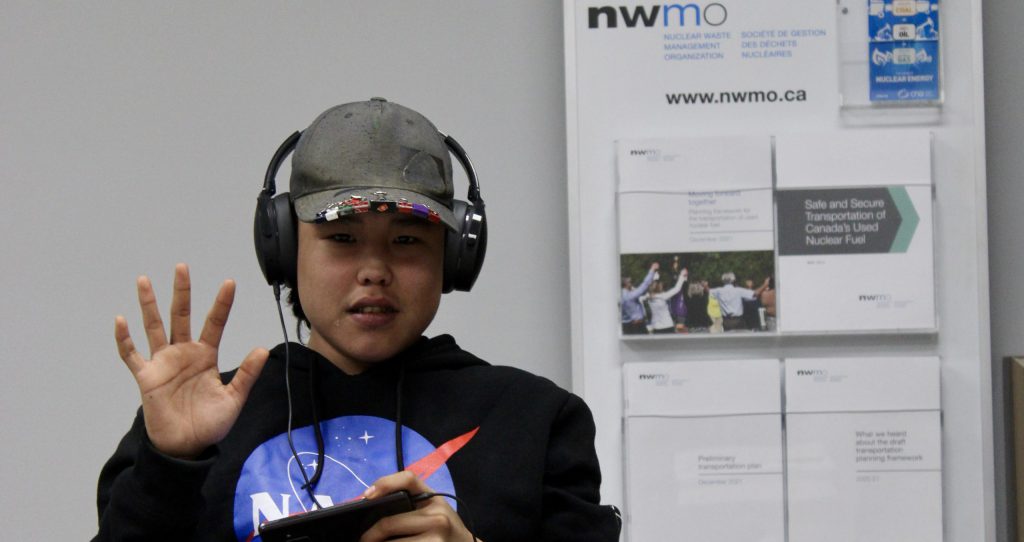
Tony Eetak, another of the youth artists and founding members of the program, added, “When we create art in our community spaces, it’s not just about making something beautiful. It’s about taking ownership, about putting our ideas out there. This idea of placemaking, it makes our voices heard and helps everyone feel like they belong, because we’re all part of building the programs, and the spaces together.”
The Power of Arts-Based Placemaking
Arts-based placemaking offers a powerful avenue for the recreation sector to support these goals. Art connects people across language, culture, and experience, providing a potent outlet for expression and building self-esteem and belonging.Imagine a community mural co-created by local youth, or a collaborative sculpture installation in a public park. These initiatives allow community members to reshape their surroundings, reflecting their identities and visions, building community pride, and giving them a voice. This isn’t just an add-on; it’s a central method for achieving deeper goals like well-being, belonging, and empowerment.
Consider programs like “Designing with Dignity” which uses arts-based methods to build connection, support youth leadership, and strengthen community-based arts and recreation. This initiative directly responds to challenges like isolation and limited opportunities often found in northern and rural areas. Similarly, projects such as “Our People Our Climate” utilize art and storytelling in community-engaged ways, sharing exhibitions and public presentations in diverse venues.
These examples demonstrate how the recreation sector can collaborate with artists and community members to activate spaces, fostering social connectedness and cultural expression. Even leveraging existing community hubs, like recreation halls or community kitchens, for arts-based climate entrepreneurship and creative leadership showcases how spaces can be transformed into vibrant centres of activity.
Embracing a Placemaking Mindset
For practitioners, embracing placemaking means proactively looking for opportunities to support community-driven initiatives. It involves seeing parks, facilities, and even underutilized spaces—like an alley between buildings—as canvases for creative expression and social gathering. It requires rethinking traditional approaches, moving away from solely top-down programming, and finding ways to decentralize activities. The goal is to empower residents to initiate change and infuse life into their own neighbourhoods.
Think about how your community can leverage arts and creativity to transform public spaces and foster a stronger sense of belonging. What partnerships can you build with local artists, cultural groups, or neighbourhood associations to support placemaking initiatives that align with your recreation goals? Embracing a placemaking mindset, we can help build more connected, inclusive, and vibrant communities, one shared space at a time.
Summer Learning in Recreation
This summer, we’re diving deeper into critical topics for recreation professionals, focusing on effective program design and robust capacity building. A cornerstone of our learning journey is the Framework for Recreation in Canada (2024 Update). As we’ve seen with this short look at placemaking, the Framework offers invaluable guidance, providing principles and strategies that help us create more impactful and inclusive recreation opportunities. Throughout the coming weeks, we’ll continue to explore how its goals and strategic ideas can be applied directly to the challenges and opportunities faced by local, rural, Indigenous, and northern communities. Stay tuned for more insights as we work together to build stronger recreation sectors across Canada.

